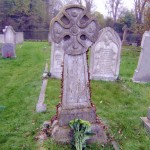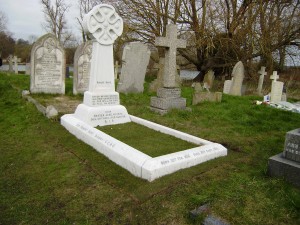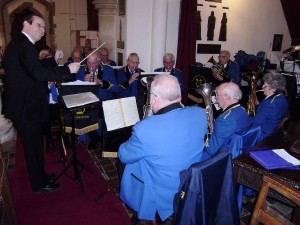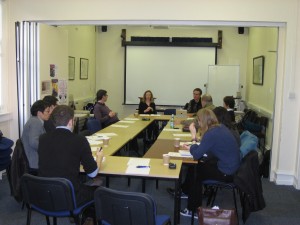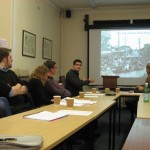Places are available for the upcoming teaching sessions in the BICC Chinese Language Course for Researchers (CLCR)
The programme is open for postgraduate research students and early career academics.
Upper-intermediate Level
The next two teaching sessions will take place from 15 to 19 April 2013 and from 9 to13 Sept 2013, and will concentrate on the language exercises of listening and reading comprehension and English into Chinese and Chinese into English translation during the online learning periods (22 April to 14 June 2013). All the weekly assignments must be completed by the participants. Two “Chat Room” lessons in each “online learning session” will be arranged by the language teacher(s).
Elementary or Intermediate Level
The BICC also offers Chinese language courses at elementary and intermediate levels for researchers. These courses consist of three week-long sessions of intensive teaching in late September, early January and late March. Each teaching session will be followed by a term of online learning with feedback from the BICC language teachers. A formal language test will take place at the end of the second intensive session.
The courses will focus on reading and speaking skills, but there will be reinforcement and enhancement of these skills through the use of aural and written tasks. Students will have to spend at least two hours a day studying new materials, and revising spoken and written texts and lexis. These courses will achieve the following encourage the development of an elementary and higher level of learner autonomy in the field of Chinese language study; enable learners to put a wide range of essential communication skills into practice; allow learners to read Chinese newspapers and relevant texts with confidence.
A limited number of partial bursaries are available for participants, to defray travel, accommodation and subsistence costs.
Applicants for the Upper Intermediate Level programme should contact the programme convenor, Mr Shio-yun Kan, by 1 April 2013, via the BICC administrator, Ms Grania Pickard, at hums-bicc@bristol.ac.uk. Please provide details of your doctoral topic and affiliation, name of your PhD supervisor, or your current position, as well as a brief description of your Chinese language learning experience, including how many Chinese characters (or words) that you have learnt, and how much time that you have spent in China.
Applicants for the Elementary or Intermediate Level programme in September are encouraged to make early contact with Mr Kan via the BICC administrator, Ms Grania Pickard, at hums-bicc@bristol.ac.uk. Please provide details of your doctoral topic and affiliation, name of your PhD supervision, or your current position, as well as a brief description of your Chinese language learning experience, including how many Chinese characters (or words) that you have learnt, and how much time that you have spent in China.
We are likely to ask shortlisted candidates to secure a statement of support from their supervisiors.

